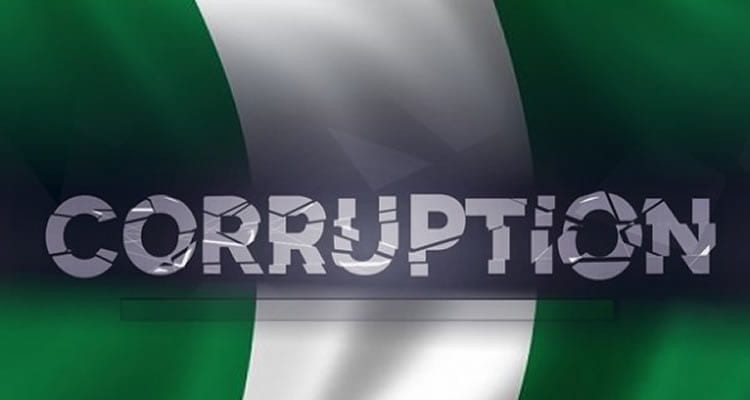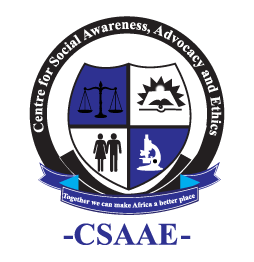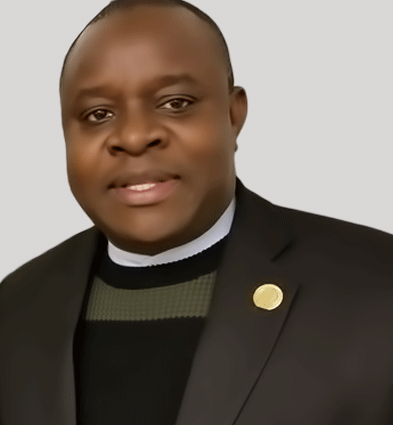Corruption, an insidious force, has eaten deep into the Nigerian society, casting a shadow over every facet of the country. This pervasive issue undermines development, justice, and equality, thereby inhibiting the country’s progress. In this edition of C-Advocate Newspaper, the Advocacy team will shed light on various aspects of corruption, its detrimental consequences, and provide guidance on how individuals can actively contribute to its eradication.
The Corrupt Practices and other Related Offences Act of 2000 defines corruption as bribery, fraud, and other related offences. Transparency International defines corruption as the abuse of entrusted power for private gain. Corruption erodes trust, weakens democracy, hampers economic development, and exacerbates inequality, poverty, social division, and the environmental crisis.
Sections 8 to 26 of the Corrupt Practices and other Related Offences Act of 2000 outline what constitutes the offence of corruption and the appropriate punishment for it. The offences include accepting gratification, giving or accepting gratification through an agent, and counselling offences relating to corruption. Notably, Section 18 spells out the punishment for bribing a public officer, which is five (5) years imprisonment with hard labor, while Section 19 states the punishment for a public officer who uses his office or position to gratify or confer any corrupt or unfair advantage upon himself or any relation or associate of the public officer or any other public officer. They shall be guilty of an offence and shall, on conviction, be liable to imprisonment for five (5) years without the option of a fine.

Furthermore, Section 23 imposes a duty on public officers to report any gratification given, promised, or offered in contravention of the Act to the nearest officer of the Commission or Police Officer, emphasizing the collective responsibility in combating corruption.
To effectively utilize this legislation in eradicating corruption, the public must actively engage in reporting incidences of corruption witnessed by them. Reporting acts of corruption to the Independent Corrupt Practices and Other Related Offences Commission or the Nigerian Police Force is paramount. Silence in the face of witnessed corruption only emboldens its perpetrators. It is our duty as citizens to act as vigilant custodians of integrity, and reporting can be done anonymously, with the authorities trained to protect the identities of informants.
If you have witnessed corrupt practices that demand addressing, we urge you to reach out. You can call the CSAAE Advocacy toll-free line on 0800 900 1000 or chat with us on WhatsApp via 080165047214 to report these concerns.
Corruption isn’t just Nigeria’s problem; it’s a global issue that needs everyone’s help to solve. By understanding how it works, knowing its impact, and taking practical steps to fight it, we can make our society fairer, more transparent, and better for everyone. Let’s stand together in this fight against corruption and pave the way for a brighter future for all.



